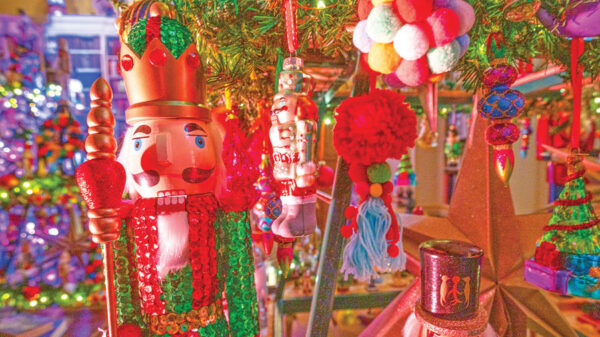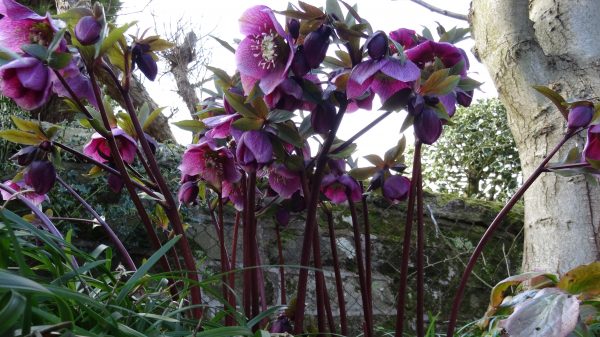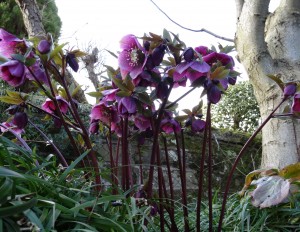Bird populations in gardens are a great indicator of the health of the countryside. That is why surveys like the RSPB’s Big Garden Birdwatch can be so important to keep an eye on the ups and downs of the wildlife where you live.
This year it takes place on the weekend 24-25 January. All you need to do is spend an hour over the weekend staring out of the window. Oh, and remember to count the birds. It’s that simple! The more people involved, the more everyone can learn so why not get the kids involved or use it as a quiet time-out with a cuppa.
“Gardens make up a huge area of Yorkshire, much larger than all the nature reserves put together.” says Chris Woolner – Visitor Experience Manager at RSPB Fairburn Ings. “We have wardens to look after the wildlife on the reserve at Fairburn Ings, but I like to think of myself as the warden of my own garden at home. I do my best to make it a good place for the wildlife that lives there. I know that there are lots of people like me all over the country doing the same. The Big Garden Birdwatch tells us how we are doing. Also, you never know what might show up!” This year, the RSPB is also asking about other wildlife that might visit your garden. “Birds are just a part of the wider ecosystems that our gardens are part of. You might have things like badgers, squirrels or grass snakes in your garden. If we can get a better idea of how many and where then we can spot any problems early and react. We know that hedgehogs have dropped in numbers dramatically over the last few years. The more people we have looking out for them, the better chance they have of survival.”
The Big Garden Birdwatch started in 1979 as a fun thing to do for RSPB junior members. The charity quickly realised that it could be a very useful way of recording bird populations nationally and it became one of the first “citizen science” projects, using a fun activity on a national scale to produce useful conservation data.
Some birds have show big declines in numbers since the survey started. Starlings have been hit the worst with their numbers falling by 80% since 1979. The RSPB is urgently researching the reasons for this. Other birds have become much more successful in recent years. Goldfinches, and great spotted woodpeckers are much more common now in gardens than they used to be.
Throughout January the team of staff and volunteers at Fairburn Ings will be helping you get ready for the Big Garden Birdwatch and giving advice on how you can help the wildlife that lives in your garden through the tough winter months. Part of the visitor centre will be converted into a lounge where you can put your feet up and practice your bird ID with the help of some experts. There is a kids quiz trail to find out more about the birds in your garden with prizes. There will also be bird-feeder making sessions for kids each weekend in January, so that they can take something away to feed their birds at home.
Feeding your garden birds in winter can make a big difference to how they cope with the struggle to find food. Here is a good recipe for making bird cake. Tasty for birds but probably not for humans. Mmmmmm cake.
You will need…
Good quality bird seed, Raisins, Chopped peanuts (not salted), Grated cheese, Suet or Lard.
Once you have let the suet or lard warm up to room temperature, add the other ingredients and mix well with your fingertips. You can then put your cake mixture into a mould (yoghurt pots are good) and cool it in the fridge for a few hours until it hardens. You can then put it out on a bird table or thread string through your cakes and hang them from trees or bushes.
For more details on how you can take part in this year’s Big Garden Birdwatch go to www.rspb.org.uk/birdwatch or drop in to RSPB Fairburn Ings. For more info on what is happening at Fairburn Ings go to www.rspb.org.uk/fairburnings







